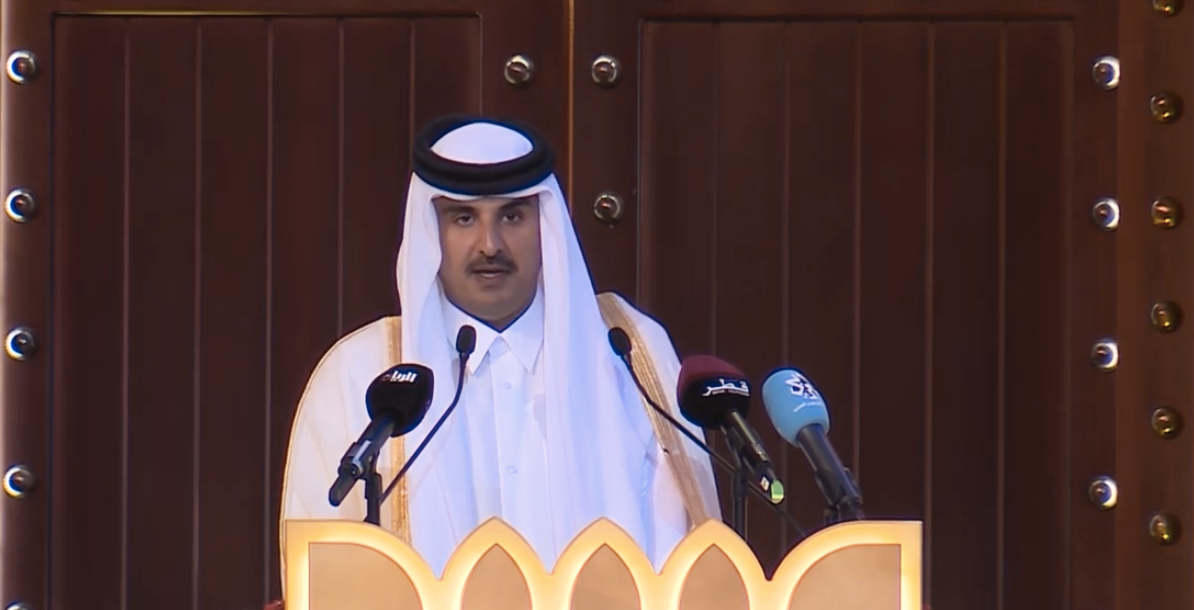The Supreme Court temporarily blocked a Texas law that holds Big Tech companies accountable for censoring and banning users based on their political beliefs.
As reported by BizPacReview, the Court on Tuesday voted 5 to 4 to prevent the law from going into effect while lower courts sort out whether it can be enforced.
The decision was somewhat unusual, with Democrat Justice Elena Kagan joining Justices Clarence Thomas, Samuel Alito and Neil Gorsuch, and Republican Justices Amy Coney Barrett and Brett Kavanaugh voting with Chief Justice John Roberts, Sonia Sotomayor and Stephen Breyer.
The decision was a blow to Texans who, under the bill signed into law last year by Gov. Greg Abbott, would have had recourse against the biased enforcement of rules on social media platforms that have ultimately silenced conservatives.
The Supreme Court vote came after two industry groups that represent Big Tech filed an emergency application with Justice Alito, who handles appeals for the region and referred it to a full vote.
“HB20 would compel platforms to disseminate all sorts of objectionable viewpoints, such as Russia’s propaganda claiming that its invasion of Ukraine is justified, ISIS propaganda claiming that extremism is warranted, neo-Nazi or KKK screeds denying or supporting the Holocaust, and encouraging children to engage in risky or unhealthy behavior like eating disorders,” NetChoice and the Computer and Communications Industry Association said in the petition.
In his six-page dissent, Justice Alito wrote that the case “concerns issues of great importance that will plainly merit this Court’s review.”
“While I can understand the Court’s apparent desire to delay enforcement of HB20 while the appeal is pending, the preliminary injunction entered by the District Court was itself a significant intrusion on state sovereignty, and Texas should not be required to seek preclearance from the federal courts before its laws go into effect,” Alito wrote.
 The Supreme Court temporarily blocked a Texas law that holds Big Tech companies accountable for censoring and banning users based on their political beliefs. As reported by BizPacReview, the Court on Tuesday voted 5 to 4 to prevent the law from going into effect while lower courts sort out whether it can be enforced. The […]
The Supreme Court temporarily blocked a Texas law that holds Big Tech companies accountable for censoring and banning users based on their political beliefs. As reported by BizPacReview, the Court on Tuesday voted 5 to 4 to prevent the law from going into effect while lower courts sort out whether it can be enforced. The […]





